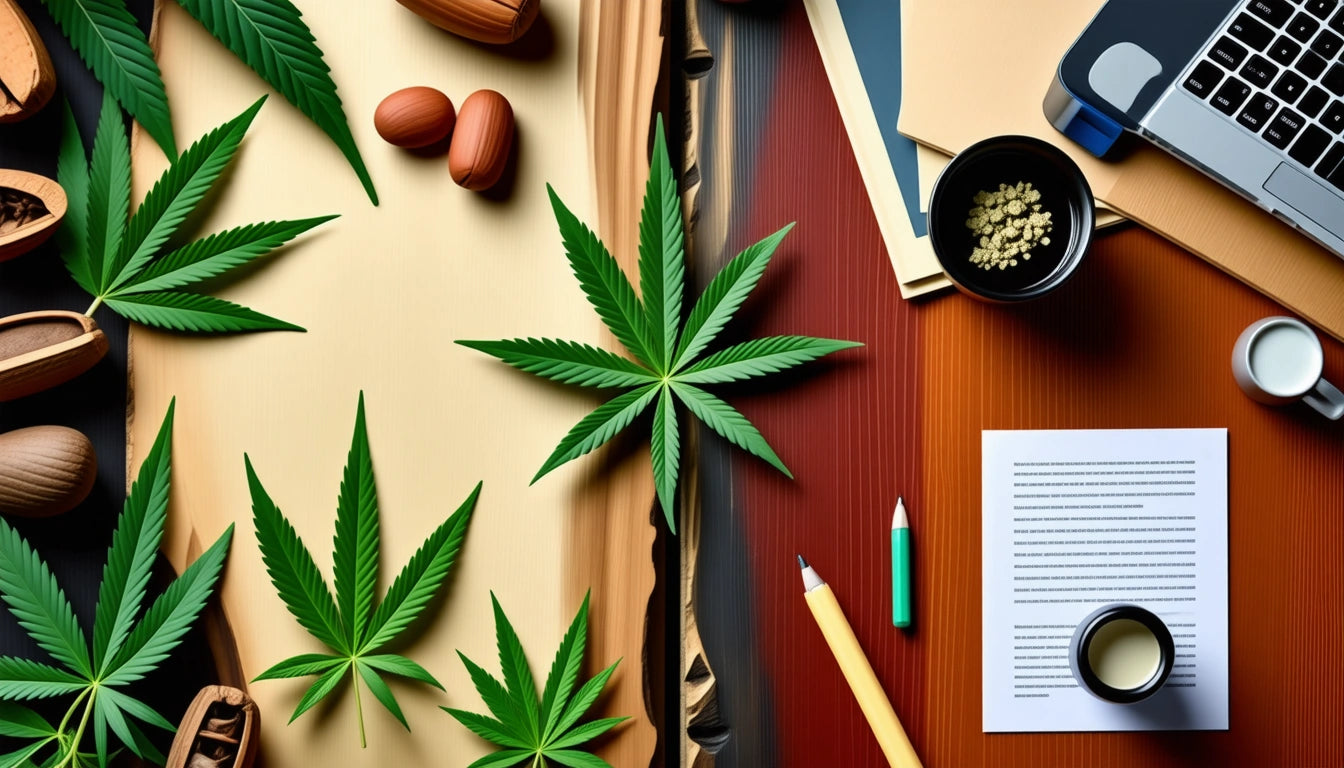Table of Contents
The Ongoing Debate: Should Marijuana Be Legal or Illegal?
Few topics in modern policy discussions generate as much passionate debate as the legalization of marijuana. With changing attitudes and evolving legislation across the globe, understanding both sides of this complex issue has never been more important. This article explores the historical context of cannabis prohibition, examines arguments both for and against legalization, and considers the future trajectory of cannabis policy.
History of Marijuana Prohibition
To understand the current debate, we must first examine how and why cannabis became illegal in the first place. Cannabis prohibition in the United States began in earnest during the early 20th century, culminating with the Marijuana Tax Act of 1937. This legislation effectively criminalized marijuana across the country, despite limited scientific evidence supporting such restrictions.
The reasons behind this prohibition were complex and often controversial. They included:
- Racial and cultural prejudice against Mexican immigrants and African Americans
- Competition with the timber and cotton industries
- Media sensationalism about the dangers of cannabis
- Political opportunism by figures like Harry Anslinger
Key historical moments in prohibition shaped public perception for decades, establishing the foundation for today's debate about why weed should be legal or illegal.
Arguments Against Legalization
Those who believe cannabis should remain illegal cite several concerns that merit careful consideration.
Health and Safety Concerns
Opponents argue that marijuana poses significant health risks, particularly for young users whose brains are still developing. Some studies suggest links between heavy cannabis use and mental health issues, including anxiety and depression. Additionally, there are concerns about impaired driving and workplace safety when users are under the influence.
Gateway Drug Theory
A common argument for why cannabis should be illegal is the gateway drug theory, which suggests that marijuana use leads to experimentation with more dangerous substances. While this theory remains controversial among researchers, it continues to influence policy discussions.
Social Impact
Some communities worry about the normalization of drug use and potential increases in youth access. There are also concerns about how dispensaries might affect neighborhood character and property values.
Arguments For Legalization
Proponents of legalization present compelling reasons for why weed should not be illegal.
Medical Benefits
Cannabis has demonstrated therapeutic potential for various conditions, including chronic pain, epilepsy, multiple sclerosis, and as a complementary treatment for cancer patients. Many argue that prohibiting access to these medical benefits is ethically problematic.
Criminal Justice Reform
The enforcement of marijuana laws has historically resulted in disproportionate impacts on communities of color. Legalization advocates point to the opportunity to address these inequities while reducing the burden on the criminal justice system.
Economic Opportunities
Legal cannabis markets create jobs, generate tax revenue, and stimulate economic growth. States with legal markets have seen significant financial benefits that can fund education, healthcare, and infrastructure projects.
Comprehensive analyses of these benefits provide strong counterarguments to those who believe marijuana should remain illegal.
Alcohol vs. Marijuana: Legal Status
Many people question why is alcohol legal but not weed, given alcohol's well-documented harms. This comparison reveals interesting inconsistencies in drug policy:
- Alcohol is associated with approximately 95,000 deaths annually in the US, while direct marijuana overdose deaths are virtually non-existent
- Alcohol is strongly linked to violent behavior and domestic abuse, whereas marijuana is not typically associated with increased aggression
- The addiction potential for alcohol is higher than for marijuana according to many experts
These disparities lead many to question the logical basis for why weed is illegal but alcohol isn't, suggesting that cultural and historical factors rather than scientific evidence have shaped current policies.
Global Perspectives on Cannabis Legality
Cannabis legality varies dramatically worldwide, offering valuable insights into different regulatory approaches. Countries like Canada and Uruguay have fully legalized recreational use, while others maintain strict prohibitions.
Successful Models
Some nations have implemented innovative approaches to cannabis regulation. Portugal decriminalized all drugs in 2001, focusing on treatment rather than punishment, with positive public health outcomes. The Netherlands' tolerance policy, while not full legalization, has demonstrated that regulated access need not lead to dramatic social problems.
Strict Prohibition
In contrast, countries like Japan maintain some of the world's strictest cannabis laws. Understanding why weed is illegal in Japan reveals cultural factors, including strong social conformity and historical associations with foreign influence, that differ significantly from Western perspectives.
International comparisons provide valuable context for evaluating different approaches to cannabis regulation.
Future of Cannabis Legislation: Where Do We Go From Here?
As the debate continues, several factors will likely influence the future trajectory of cannabis policy:
- Ongoing research into both benefits and risks of cannabis use
- Lessons from states and countries that have already implemented legalization
- Evolving public opinion and generational shifts in attitudes
- Development of better testing methods for impairment
The question of why weed should be legal or illegal will continue to evolve as we gather more evidence about the impacts of different policy approaches. What seems increasingly clear is that simplistic positions on either side fail to capture the nuance needed for effective policy.
The path forward likely involves thoughtful regulation that addresses legitimate concerns while acknowledging the potential benefits and historical inequities of prohibition. By moving beyond polarized debates to evidence-based approaches, we can develop policies that better serve public health, social justice, and individual liberty.











Leave a comment
All comments are moderated before being published.
This site is protected by hCaptcha and the hCaptcha Privacy Policy and Terms of Service apply.